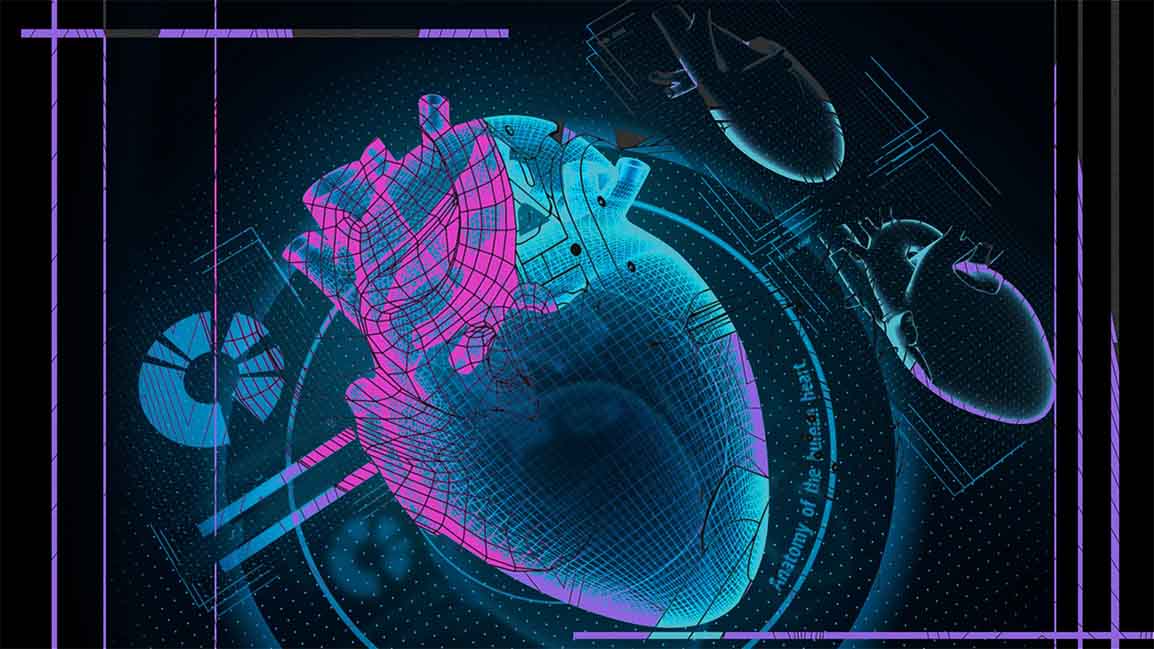- | 1:00 pm
Qatar’s HBKU develops AI-backed system to detect heart diseases at an early stage
The Hammad Bin Khalifa University developed a method that combines data from retinal images and bone density information to diagnose cardiovascular diseases.

This year at Arab Health, UAE’s Ministry of Health and Prevention introduced an app to diagnose 45 heart diseases in 10 seconds, using AI with 95% accuracy. For further enhancement of AI-controlled medical devices, Saudi Arabia’s Faisal Belhoul has partnered with Canadian health tech investor iGan. Algorithms can also detect cancer in time for effective treatment.
Now Qatar’s Hammad Bin Khalifa University (HBKU) has developed an AI system that can diagnose heart diseases by looking into a patient’s eyes. The technology uses retinal images and information on bone health to detect signs of cardiovascular diseases. Qatar Biobank funded the system developed at HBKU, and the research findings are available in the Open Access Sensors journal.
Retinal images provide data on optic nerves to diagnose conditions such as diabetic retinopathy, hypertension, and arteriosclerosis. The system also measures bone density via X-ray absorptiometry, which spots signs of bone loss. Deep learning combines these two sets of data for low-cost and non-invasive detection of cardiovascular diseases at an early stage.
The research will boost Qatar’s National Health Strategy 2018-2022, which aims to reduce the mortality rate caused by heart conditions by 15%. HBKU’s College of Science and Engineering promises to deliver precision medical solutions for the country through this innovative method.

































